 11th April 2024 Grocery / Regulation
11th April 2024 Grocery / RegulationConsumer New Zealand is asking shoppers to bone up on the Consumer Guarantees Act, which has now been in force for thirty years.
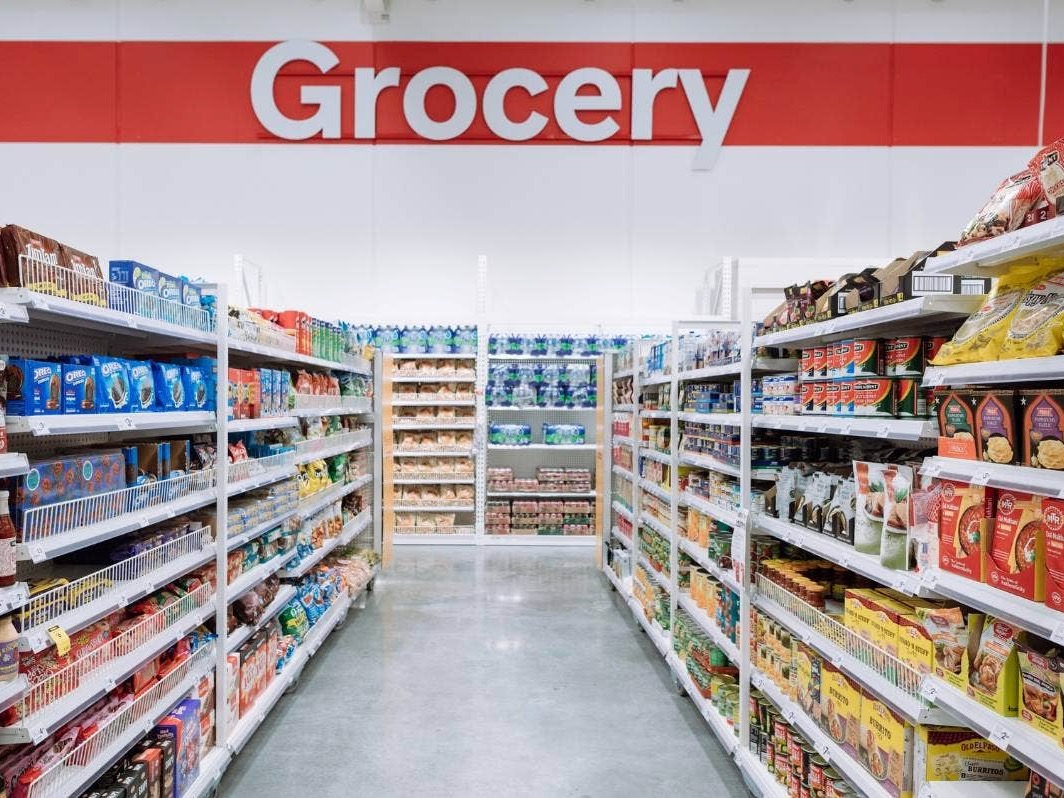 20th March 2024 Grocery / The Warehouse
20th March 2024 Grocery / The WarehouseRed shed grocery sales defy an otherwise sluggish performance at the group, which now plans to sell or close down its online platform, TheMarket.com.
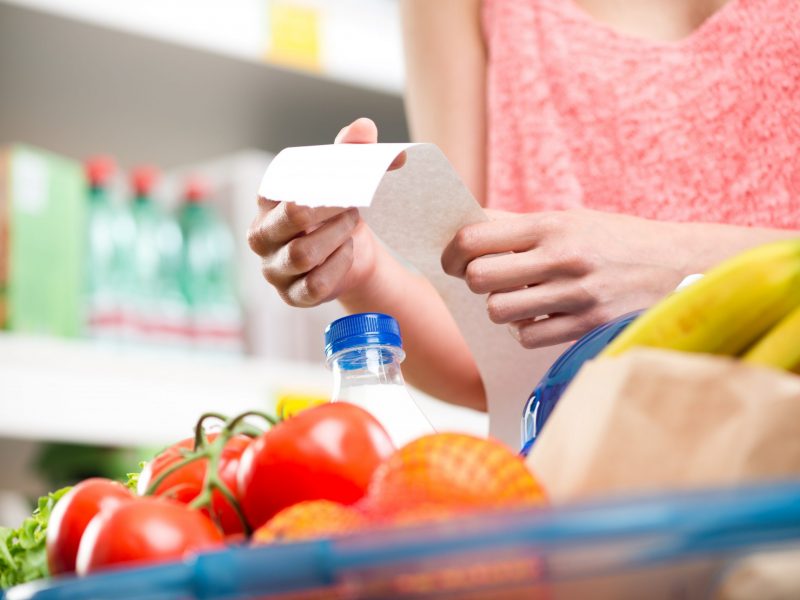 15th March 2024 Grocery / Prices
15th March 2024 Grocery / PricesThe price of groceries is the biggest financial concern for consumers, ahead of rent, mortgage rates and house prices, according to the third annual Consumer Pulse survey by research firm Canstar.
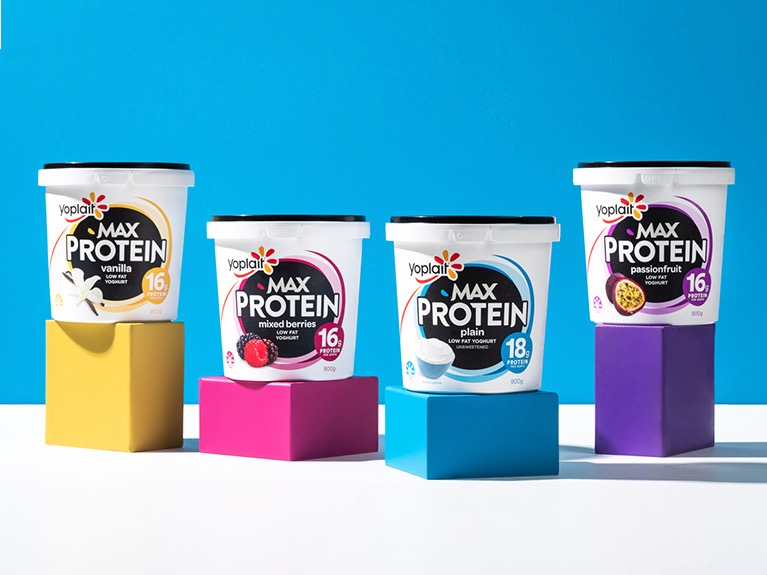 4th March 2024 ComCom / Grocery
4th March 2024 ComCom / GroceryMerger applicants tend to overestimate the ability and likelihood of third parties to exercise countervailing buyer power, according to a review of the competition watchdog’s merger decisions.
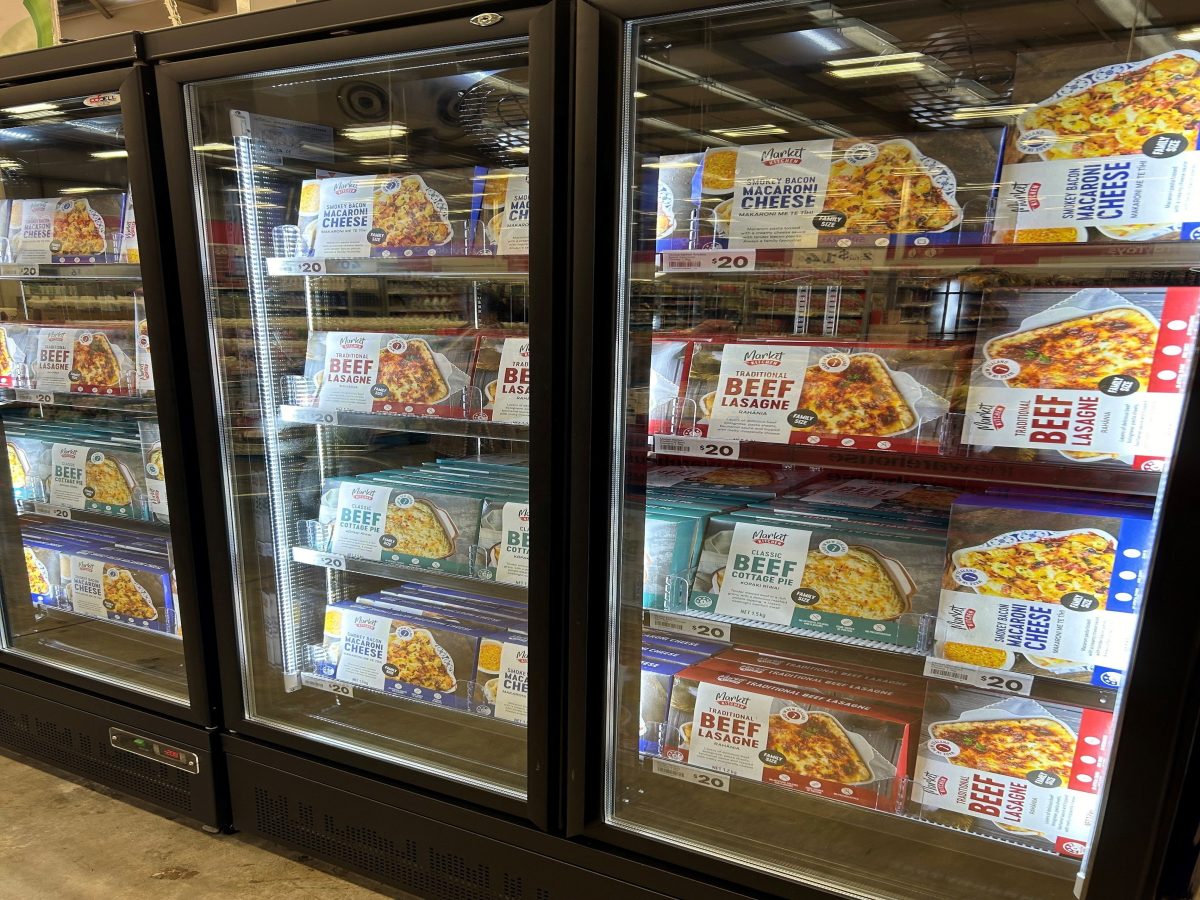 27th February 2024 Grocery / The Warehouse
27th February 2024 Grocery / The WarehouseThe red shed retailer starts a trial of a range of frozen ready meals at its Manukau store in Auckland – the company’s latest move in the grocery market.
 20th February 2024 Grocery / Off-Piste Provisions
20th February 2024 Grocery / Off-Piste ProvisionsThe plant-based jerky business founded by Jade Gray says the cost of being on NZ shelves is no longer viable for the manufacturer.
 2nd February 2024 Grocery / Manufacturing
2nd February 2024 Grocery / ManufacturingThe opportunity to boost New Zealand manufacturing productivity and growth has been laid out for small business minister Andrew Bayly.
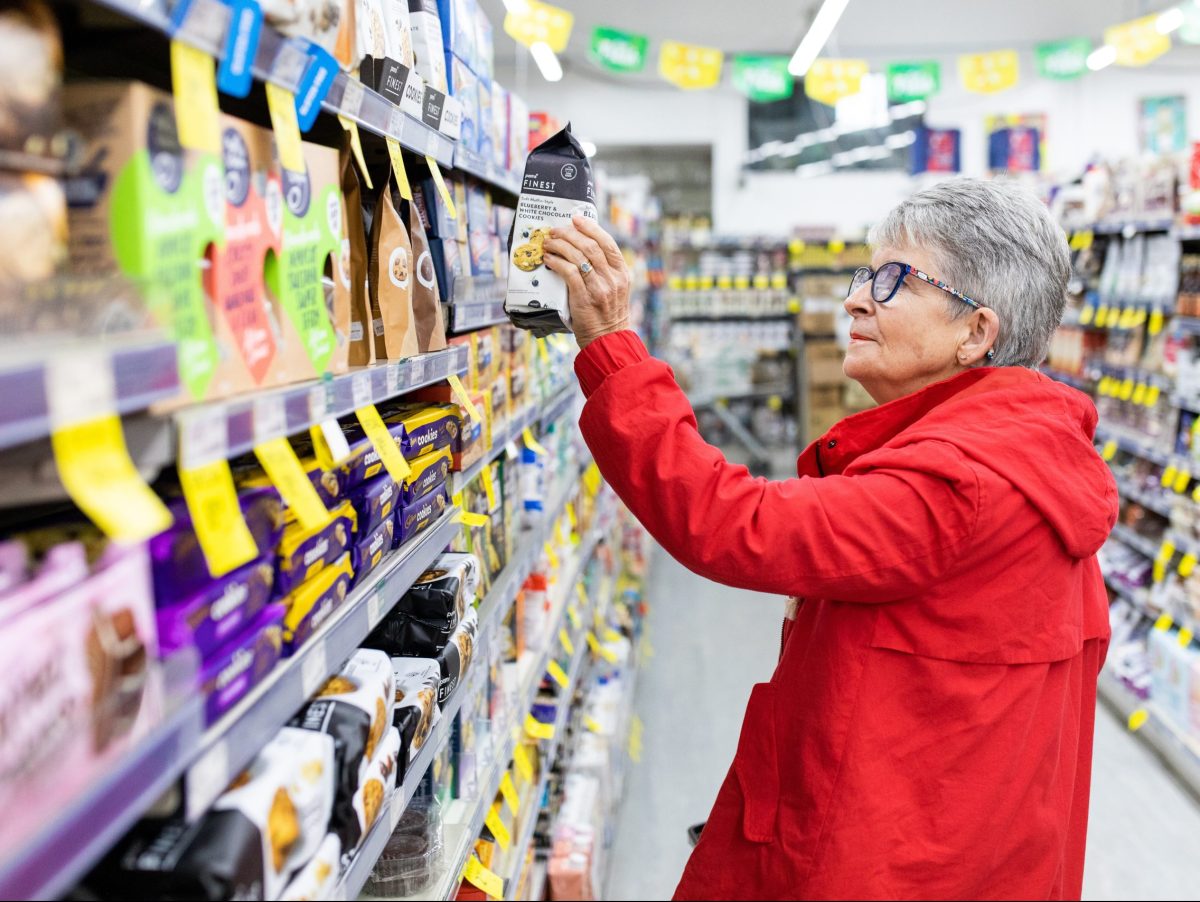 24th January 2024 Grocery / Regulation
24th January 2024 Grocery / RegulationIrregular promotions and pricing in the grocery sector is “small fry” compared with the anti-competitive regulations that support the current duopoly status, according to the Taxpayers’ Union
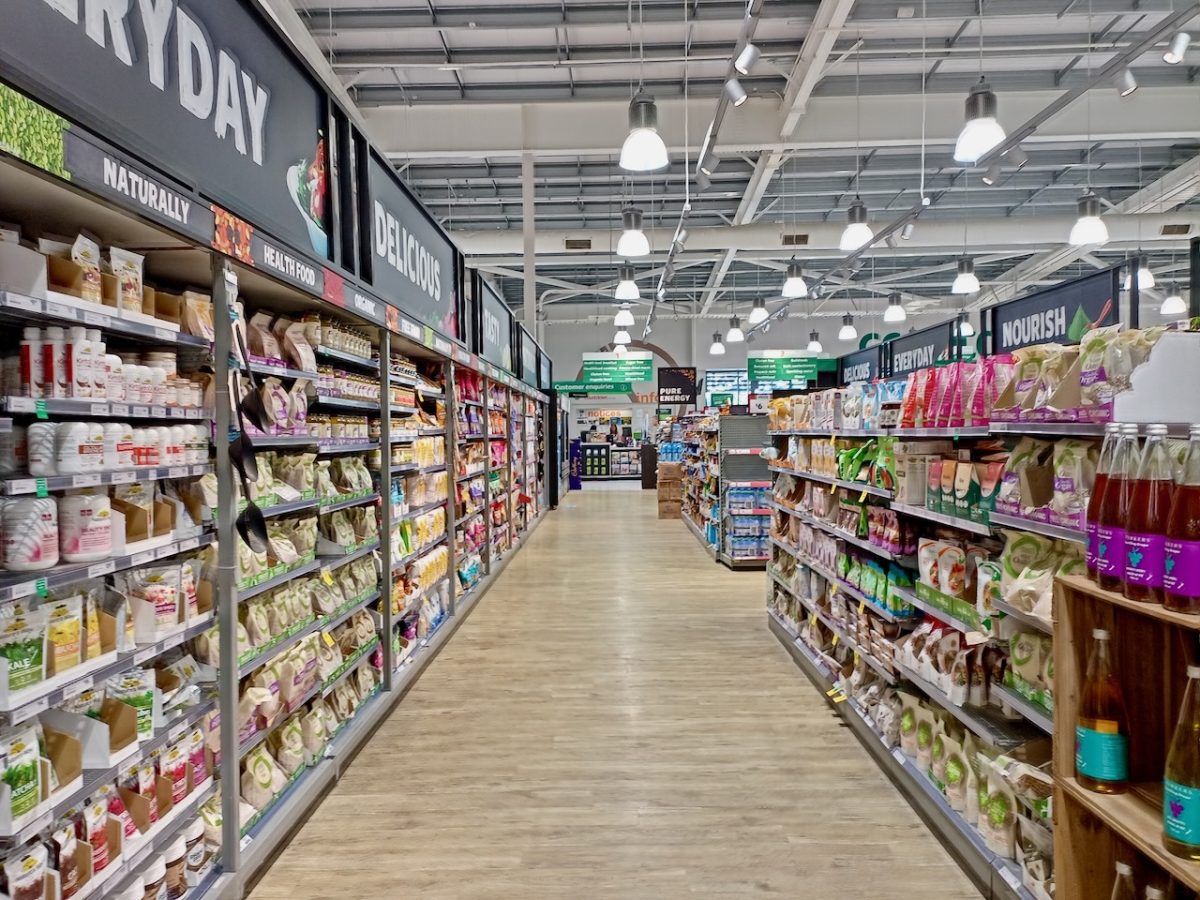 18th January 2024 ComCom / Grocery
18th January 2024 ComCom / GroceryThe watchdog’s Anonymous Reporting Tool provides a secure channel enabling users to report information without disclosing personal details.
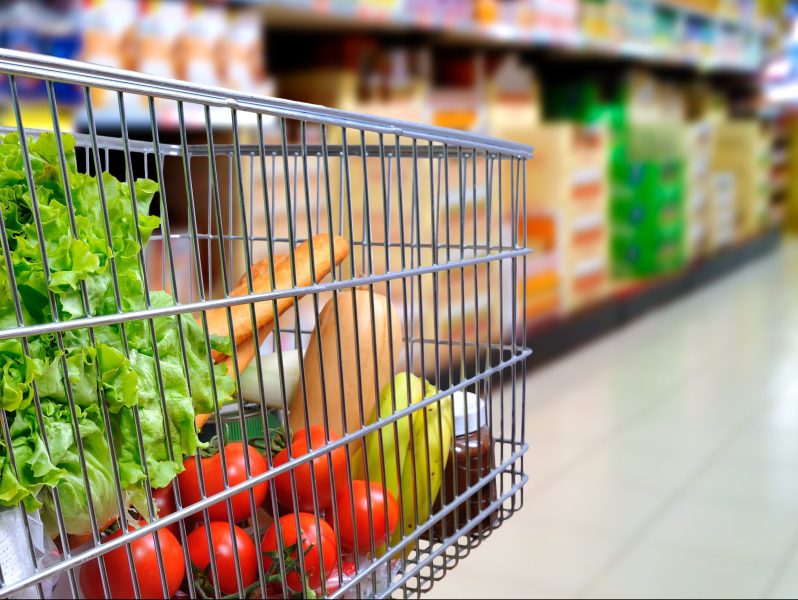 18th January 2024 Grocery / Retail
18th January 2024 Grocery / RetailRestrictions on Easter trading must be lifted as the current law is no longer fit for purpose, says Retail NZ.
 29th November 2023 Grocery / NZFGC
29th November 2023 Grocery / NZFGCThe dates for a final 2023 virtual Code of Conduct training session have been confirmed by the New Zealand Food & Grocery Council.
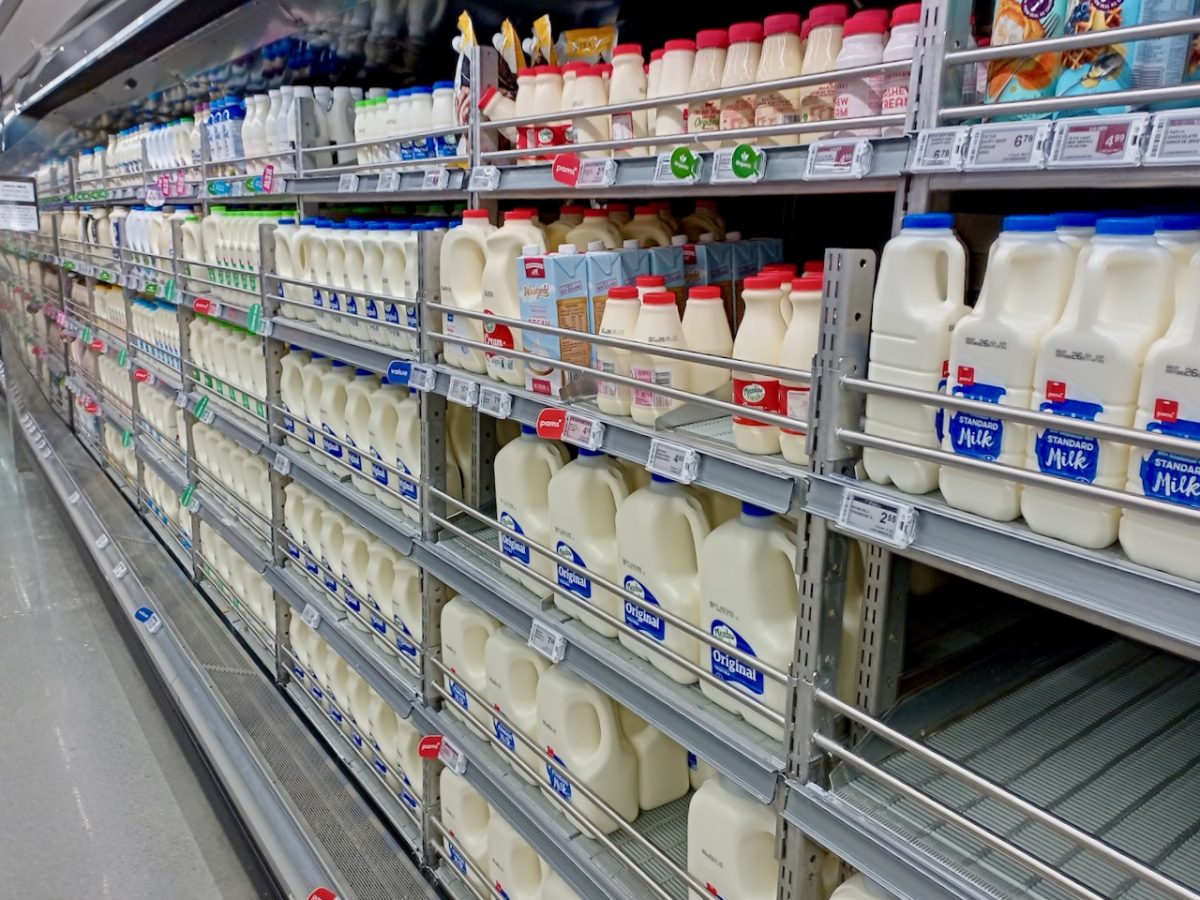 24th November 2023 Data / Grocery
24th November 2023 Data / GrocerySales volumes as supermarket and grocery stores lifted 1.7% to $6.68bn in the September 2023 quarter compared with the June 2023 quarter, according to Stats NZ’s latest retail trade survey.
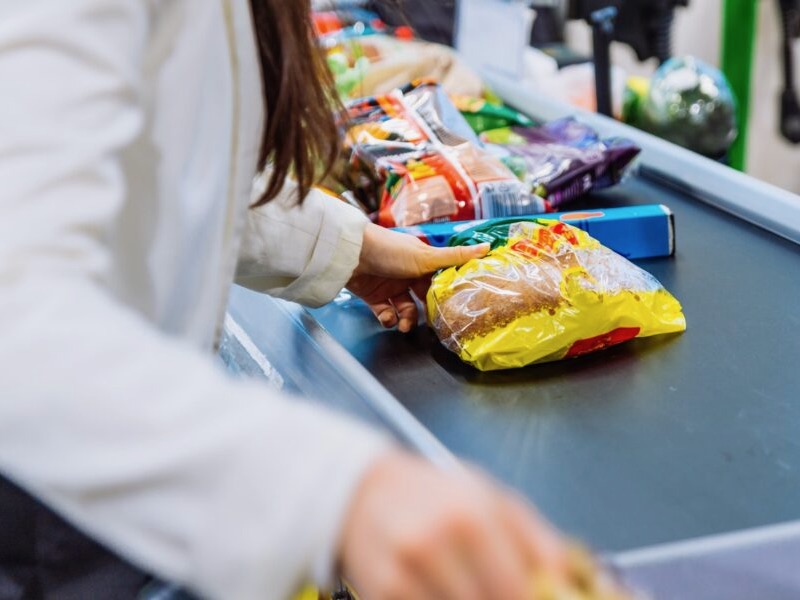 8th November 2023 Grocery / NZDRC
8th November 2023 Grocery / NZDRCAuckland-based New Zealand Dispute Resolution Centre has been signed off as the provider to deliver the new dispute resolution scheme for the grocery industry.
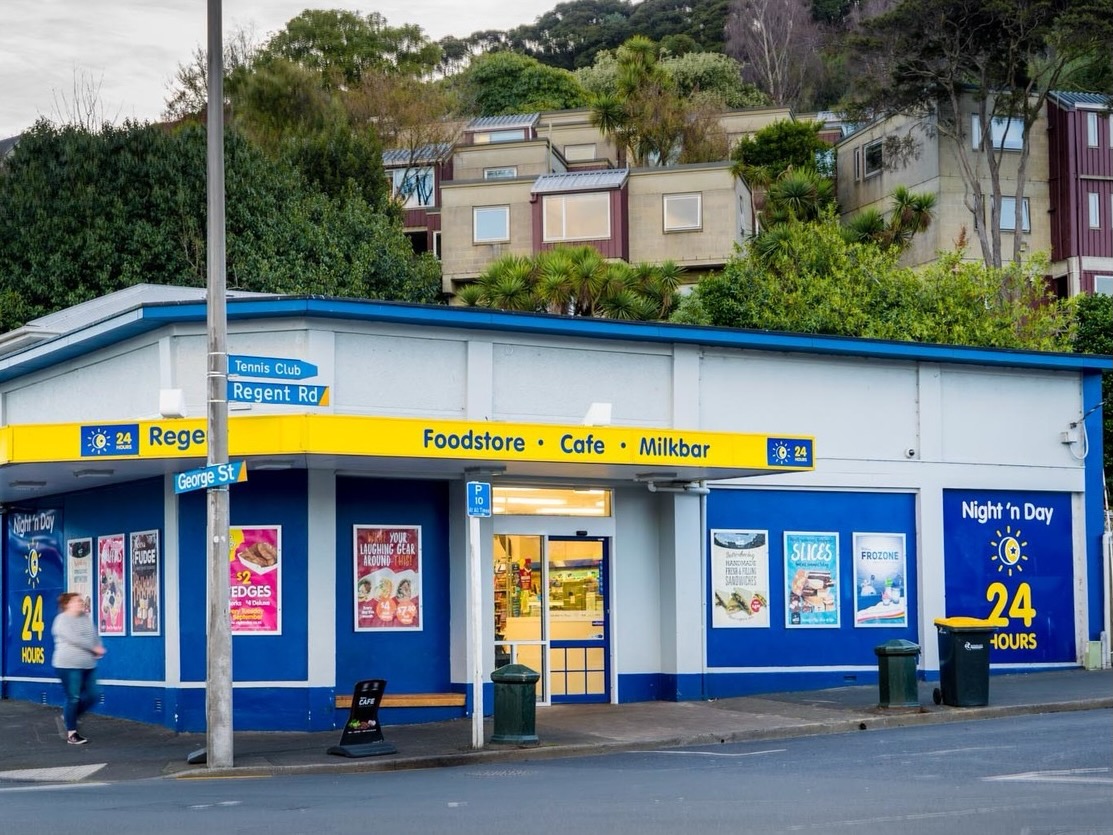 6th November 2023 Competition / Grocery
6th November 2023 Competition / GroceryLane calls on suppliers to consider wholesaling products directly to combined convenience and route trade buyers – a move that would shift power from the duopoly.
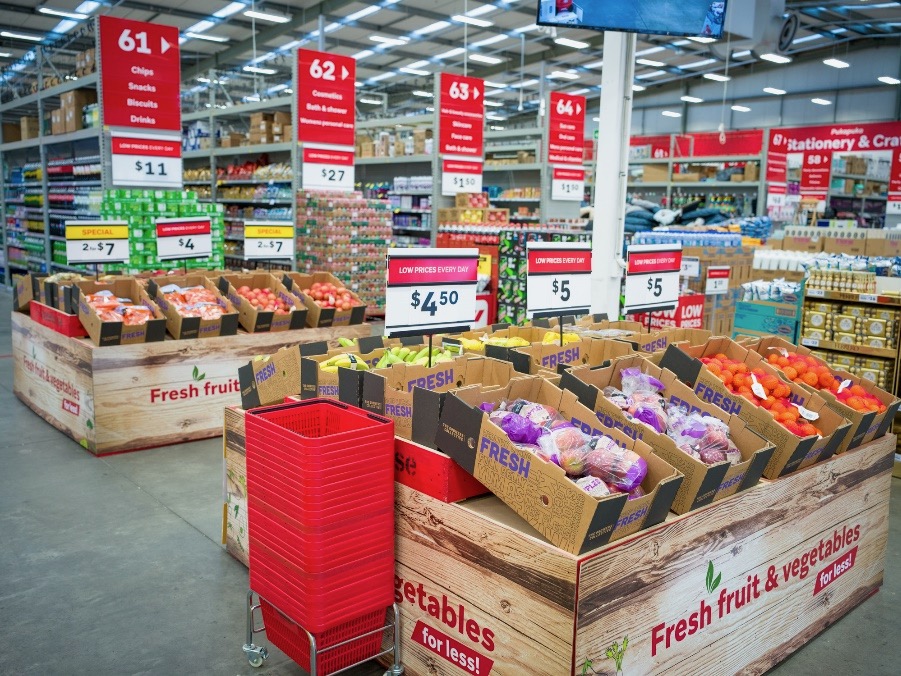 25th October 2023 Grocery / The Warehouse
25th October 2023 Grocery / The WarehouseThe red sheds retailer continues to expand into grocery, with its fresh food offer entering more stores across the country.
 2nd October 2023 Competition / Grocery
2nd October 2023 Competition / GrocerySupport for new entrants could include finance, making sure land is available, regulatory changes, incubating innovation and accelerating competition.
 29th September 2023 Competition / Grocery
29th September 2023 Competition / GroceryThe Grocery Supply Code will drive food prices even higher, says the Taxpayers’ Union policy adviser, James Ross.
 28th September 2023 Grocery / The Warehouse
28th September 2023 Grocery / The WarehouseThe retailer’s CEO says measures to improve wholesale access in NZ’s $22bn duopoly-dominated grocery sector have not yet helped the red sheds.
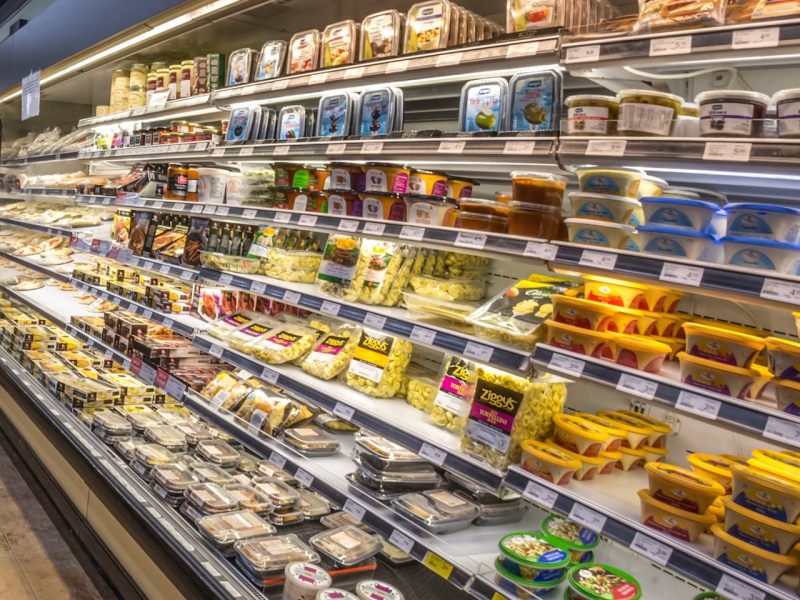 12th September 2023 Grocery / Regulation
12th September 2023 Grocery / RegulationNew entrants to and online competitors in New Zealand’s $22bn grocery sector have been given extra leeway to comply with new unit pricing following consultation on the draft regulations.
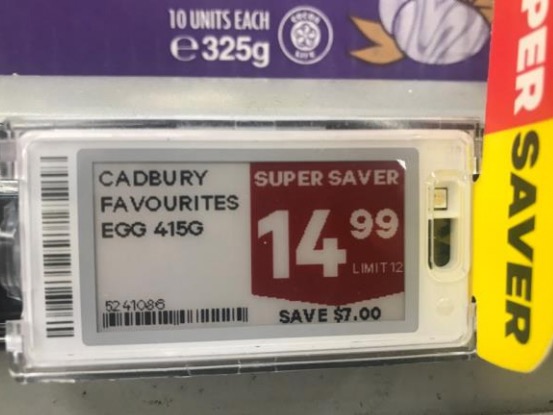 3rd August 2023 Grocery / Prices
3rd August 2023 Grocery / PricesNew regulations requiring grocery retailers to consistently and clearly display pricing by weight, volume or number are coming into effect at the end of August.
 24th July 2023 Competition / Grocery
24th July 2023 Competition / GroceryThe watchdog fires off warning letters after uncovering potentially anti-competitive conduct towards Ben Nathan’s now closed online retailer, The Honest Grocer.
 17th July 2023 Grocery / Grocery Commissioner
17th July 2023 Grocery / Grocery CommissionerPierre van Heerden sets out his priorities and the timetable for his first report on the state of grocery competition in NZ.
 17th July 2023 Competition / Grocery
17th July 2023 Competition / GroceryWork on a break-up of the supermarket duopoly is being “held in reserve” in order to let the effects of the current round of reforms percolate through the $22bn sector.
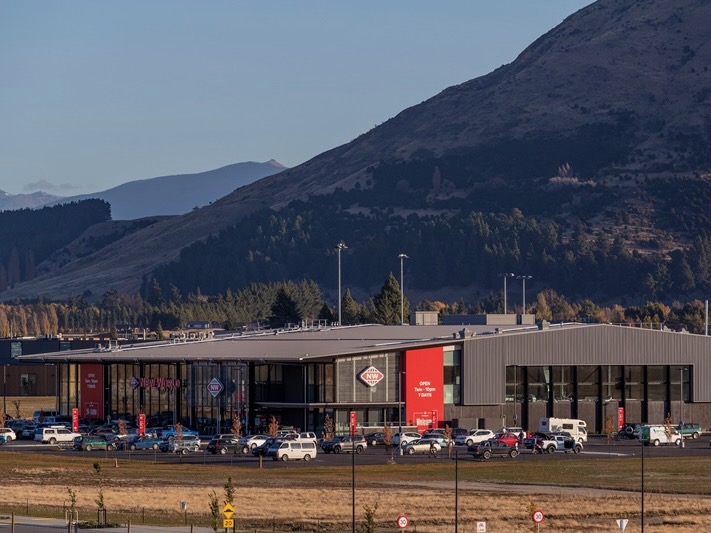 17th July 2023 Competition / Grocery
17th July 2023 Competition / GroceryThe Ministry of Business, Innovation and Employment has opened consultation on a review into anti-competitive land agreements across the wider economy.
 22nd June 2023 Grocery / Regulation
22nd June 2023 Grocery / Regulation“The start date of the grocery commissioner is expected very soon,” says Commerce and Consumer Affairs Minister Duncan Webb.
 12th May 2023 Government / Grocery
12th May 2023 Government / Grocery“Divestment is an option on the table as we continue to monitor the effectiveness of the reforms,” Duncan Webb says in response to Westpac’s report.
 4th May 2023 Circana / Grocery
4th May 2023 Circana / GroceryEaster temporarily reversed the inflationary trend of more dollars being spent buying fewer items, as unit sales flipped into growth, albeit at a subdued level.
 23rd March 2023 Government / Grocery
23rd March 2023 Government / GroceryA faster introduction of the proposed grocery supply code has been mooted, with new Commerce and Consumer Affairs Minister Duncan Webb called upon to create the first version rather than the Commerce Commission.
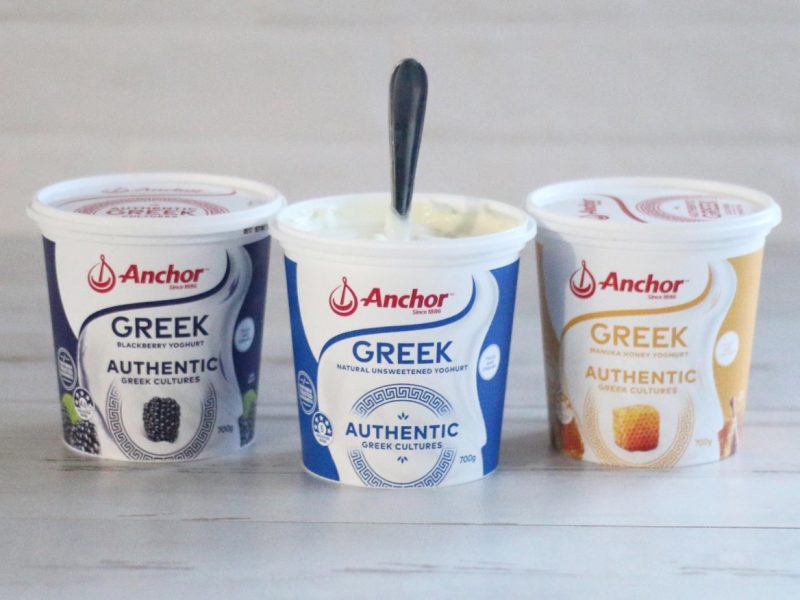 16th March 2023 Fonterra / Grocery
16th March 2023 Fonterra / GroceryFonterra wrote down the value of its New Zealand and Asian consumer brands by a total of $162m in the first half of FY23 as it battled higher input costs and ongoing pressure on margins.
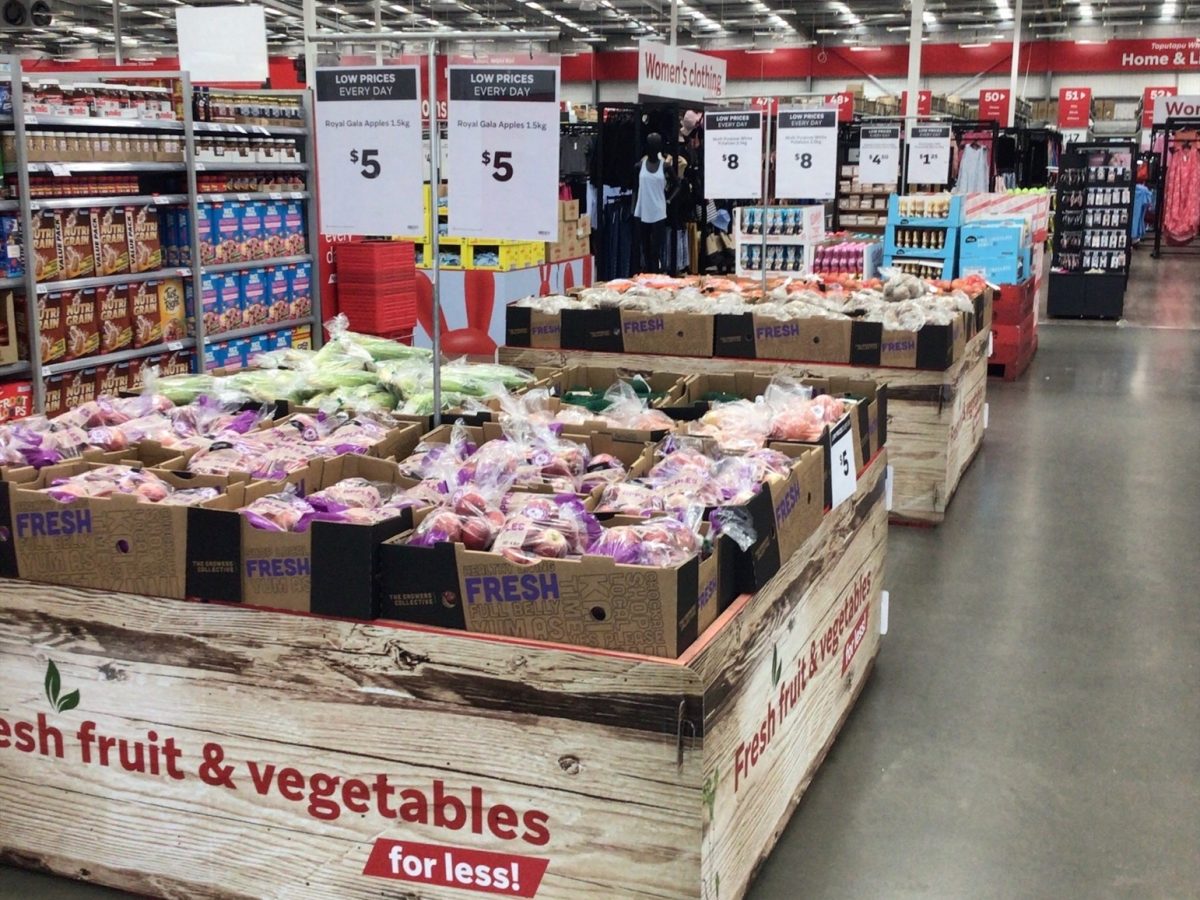 16th February 2023 Grocery / The Warehouse
16th February 2023 Grocery / The WarehouseThe big box retailer is trailing a limited range at six stores, but plans to add more products and more locations as it continues its push into grocery.
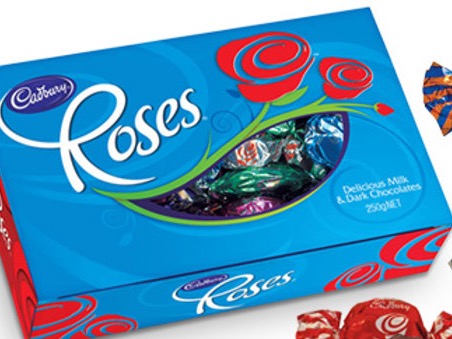 13th February 2023 Events / Grocery
13th February 2023 Events / GroceryLast year 30,000 people said bought flowers to mark Valentine’s Day, with sales for bunches picking up in the week of February 14 and nearly half – or some 45% – of those being sold on the day itself.
 30th January 2023 Competition / Grocery
30th January 2023 Competition / GroceryGrocery sector stakeholders are speaking on the Grocery Industry Competition Bill at select committee this week.
 8th December 2022 Grocery / Technology
8th December 2022 Grocery / TechnologyNew Zealand data tracking and reporting company Sumfood has developed a free app to let consumers know which supermarket has the cheapest price, per person, for groceries.
 25th August 2022 Grocery / Politics
25th August 2022 Grocery / PoliticsThe government’s announcement that it will force supermarket groups to supply wholesalers shows they “completely misunderstand” why groceries are expensive, says ACT Leader David Seymour.
 9th August 2022 Grocery / Survey
9th August 2022 Grocery / SurveyCost of living concerns impact spending sentiment with consumers planning to cut back on most purchases.
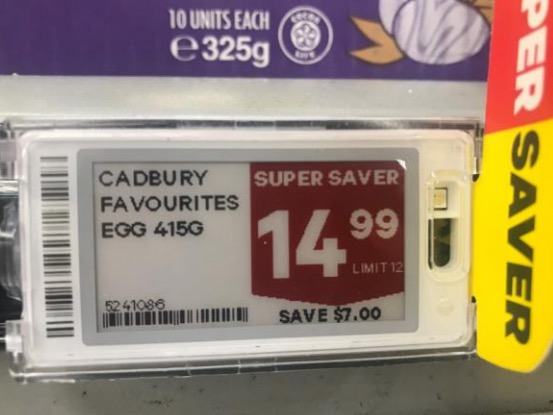 7th June 2022 Grocery / Prices
7th June 2022 Grocery / PricesFeedback is sought on issues including which retailers should be subject to unit pricing, how said pricing should be displayed and what products should be exempt.
 30th June 2021 GoodFor / Grocery
30th June 2021 GoodFor / GroceryPackage-free, lifestyle grocery store GoodFor has raised more than $1.8m of capital on fundraising platform Snowball Effect – exceeding its minimum target of $1.7m.
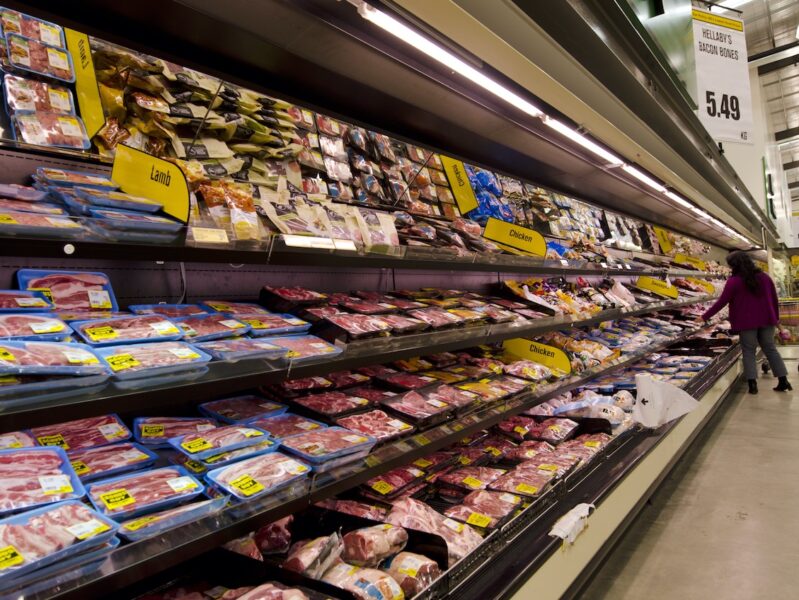 7th May 2021 Grocery
7th May 2021 GrocerySome 93% of surveyed FGC members want code to address power imbalance in NZ grocery sector.
© 2024 Business Media Network Ltd
Website by Webstudio